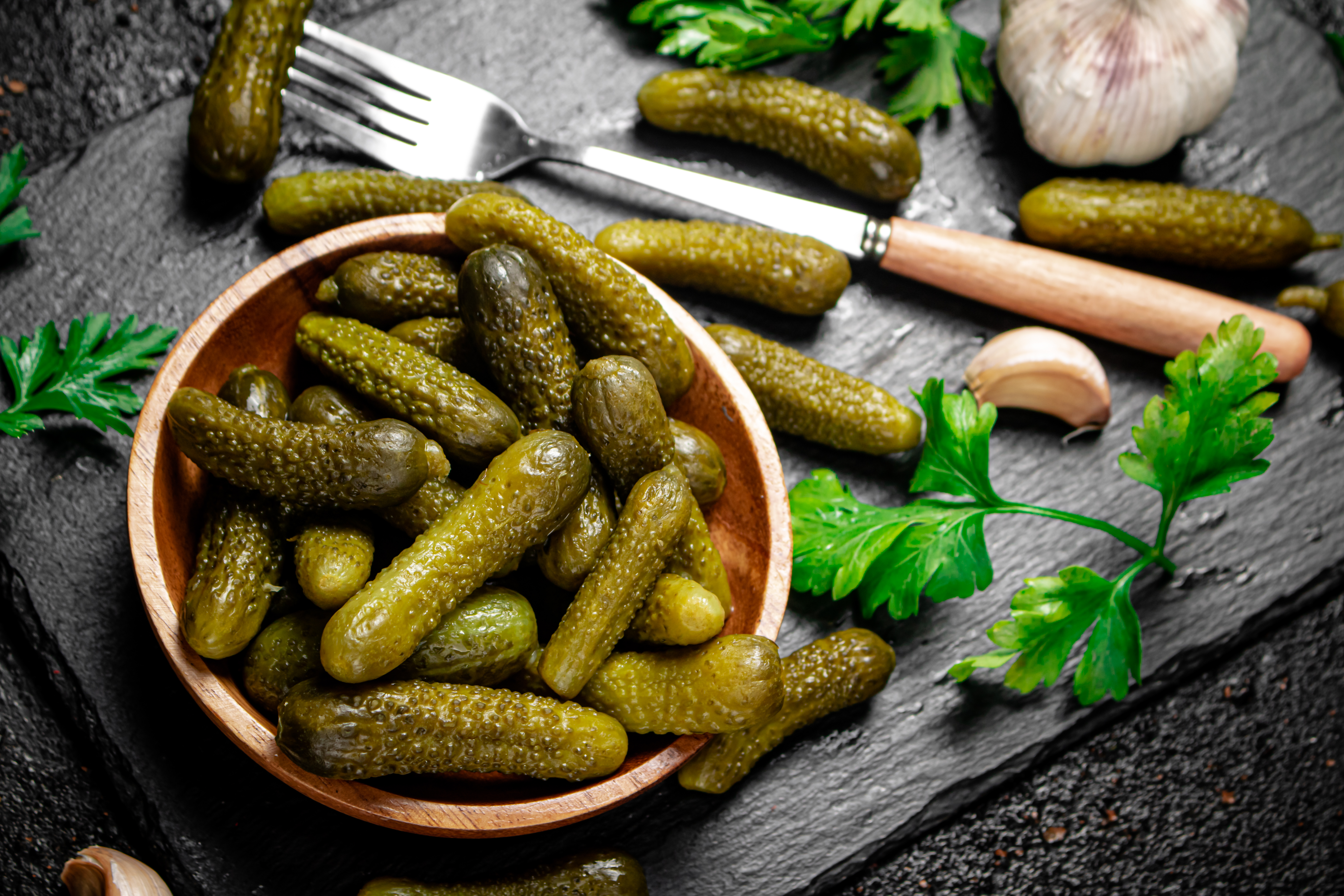Healthy Foods to Ditch If You Want to Lower Blood Pressure
High blood pressure, or hypertension, is a silent yet pervasive health issue affecting millions globally. While many are aware of the common dietary culprits like sodium and cholesterol, few realize that seemingly innocuous foods can also play a significant role in elevating blood pressure. The modern diet is a complex tapestry woven with ingredients that often go unnoticed. In this article, we will explore 11 unexpected "healthy" foods that, when avoided, can contribute to lowering blood pressure. These foods might not be on the usual list of suspects, but their impact is substantial. Understanding the nuanced effects of these foods on our cardiovascular health can empower us to make more informed dietary choices. By looking into each food item, we aim to uncover the hidden pathways through which they influence blood pressure, offering a comprehensive guide to transforming health through mindful eating.
1. The Surprising Role of Pickles

Pickles, beloved for their tangy crunch, are often overlooked in conversations about blood pressure. However, their high sodium content is a significant concern. Sodium is a well-known contributor to hypertension, and pickles are often brined in salt solutions. This preservation method, while effective for taste and shelf life, can lead to excessive sodium intake. A single pickle can contain up to 800 mg of sodium, nearly half of the recommended daily limit. The body retains water to dilute excess sodium, increasing blood volume and—as a consequence—blood pressure. Regular consumption of pickles, especially in large quantities, can thus contribute to chronic hypertension. Alternative preservation methods, such as using vinegar or fermentation with less salt, can help mitigate this issue. By being aware of the sodium content in pickles, individuals can make better choices to maintain healthy blood pressure levels.
2. The Hidden Dangers of Canned Soups

Canned soups are a convenient meal option, but they often harbor high levels of sodium, which can be detrimental to blood pressure. Manufacturers use sodium as a preservative and flavor enhancer, resulting in soups that can contain over 1,000 mg of sodium per serving. This high sodium content can lead to increased blood pressure, particularly in individuals who are sodium-sensitive. Additionally, canned soups may contain other additives and preservatives that can further exacerbate health issues. Opting for low-sodium or homemade soups can significantly reduce sodium intake. Homemade soups allow for control over ingredients, enabling the use of fresh vegetables, lean proteins, and herbs for flavoring. By reducing reliance on canned soups, individuals can manage their sodium intake more effectively, contributing to lower blood pressure and improved overall health.
